Office of Field Education and Practice
Field education and hands-on practice are fundamental components of public health education, providing students with real-world experience and the opportunity to apply theoretical knowledge in practical settings.
677 Huntington Avenue
Boston, MA 02115
Fall 2024 Rose Service Learning Fellows
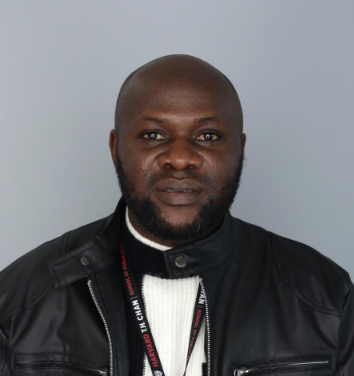
Moses is pursuing a Master’s in Public Health (MPH) with a focus on Global Health, driven by a passion for using data to inform impactful policies and programs. His interests lie in applying mathematical models to simulate infectious disease dynamics and evaluate intervention strategies. Moses demonstrates a strong commitment to advancing evidence-based, scalable solutions that address pressing global health challenges. His innovative approach is to bridge analytical rigor with practical applications, aiming to enhance health outcomes and equity.
Moses’s project focuses on evaluating the community-led monitoring of the Global Fund Malaria Project to assess the effectiveness, efficiency, and impact of the intervention using a collaborative and participatory approach. This ensures that malaria interventions in the community are accessible, effectively, and efficiently managed. The evaluation uses a collaborative and participatory approach to make the evaluation more equitable by acknowledging and centering the voices of community stakeholders. This would strengthen data quality and use of findings, and support community buy-in of the malaria program.
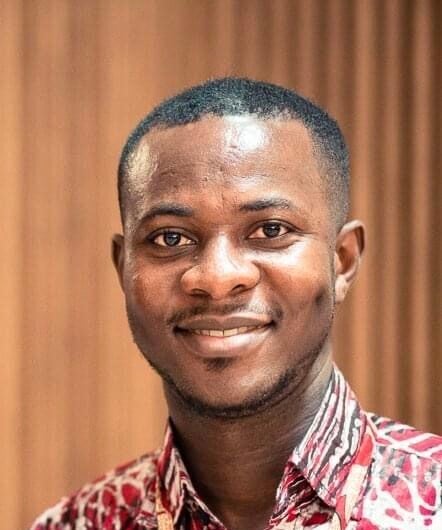
Francis is a Master of Public Health (MPH) student in Occupational and Environmental Health at the Department of Environmental Health in the Harvard T.H. Chan School of Public Health. He holds a PhD in Sociology and Social Policy from the Lingnan University, Hong Kong. He had a Master of Philosophy (MPhil) in Development Studies from the University of Oxford, United Kingdom. His current research interest and expertise revolve around occupational safety and health in artisanal and small-scale mining (ASM); sustainability innovations and mining practices; Environmental toxicology; gender dimensions, socioeconomic assessment and futures of ASM in the developing countries; and women and rural health and women. He has published over 60 articles, featuring in top-ranked journals cross development, public health and environmental science/management fields.
Francis Arthur-Holmes’s project focuses on identifying occupational health and safety practices in Ghana’s artisanal and small-scale mining (ASM) sector and classifying the non-mining and mining practices that serve as risk factors to miners’ safety. His project seeks to develop occupational health and safety interventions to protect miners in the sector. Lastly, seeks to address mercury exposure and occupational health hazards (including respiratory diseases, musculoskeletal disorders, and physical injuries) in artisanal and small-scale mining.

Natalie Ezem is a Master of Science student in Global Health and Population at the Harvard T.H. Chan School of Public Health. She holds a bachelor’s in Sociology from Duke University with minors in Global Health and Chemistry. Her research interests center on health systems innovation, implementation science, addressing health disparities, and health communication. Natalie is particularly committed to understanding how social determinants shape access to quality healthcare, especially for historically marginalized populations. Her career goal is to integrate clinical practice with research to advance chronic disease prevention and management, with a focus on cardiometabolic disorders and cancer.
Natalie’s project addresses the need for sustainable navigation services in Boston’s community health centers (CHCs) to improve cancer screening among historically marginalized populations. Through collaboration with Boston residents, CHC leaders, patients, and public health partners, we will explore existing navigation models, identify barriers to sustainability, and co-develop strategies to enhance access and care coordination.

Carolina is a first-year Master of Science student in the Department of Epidemiology, with research interests spanning community health, maternal and child health, and nutrition global health. During her undergraduate studies at the University of Toronto, she contributed to research examining the impact of micronutrient supplementation on the nutritional status of lactating mothers in Pakistan, and evaluating the availability and accuracy of nutrition information in the e-grocery environment.
Carolina is working with the Down Syndrome Association of Toronto on a project designed to increase employability for adults with Down syndrome through a computer literacy workshop. The project’s overarching aim is to promote well-being, foster independence, and improve the overall quality of life for adults with Down syndrome.
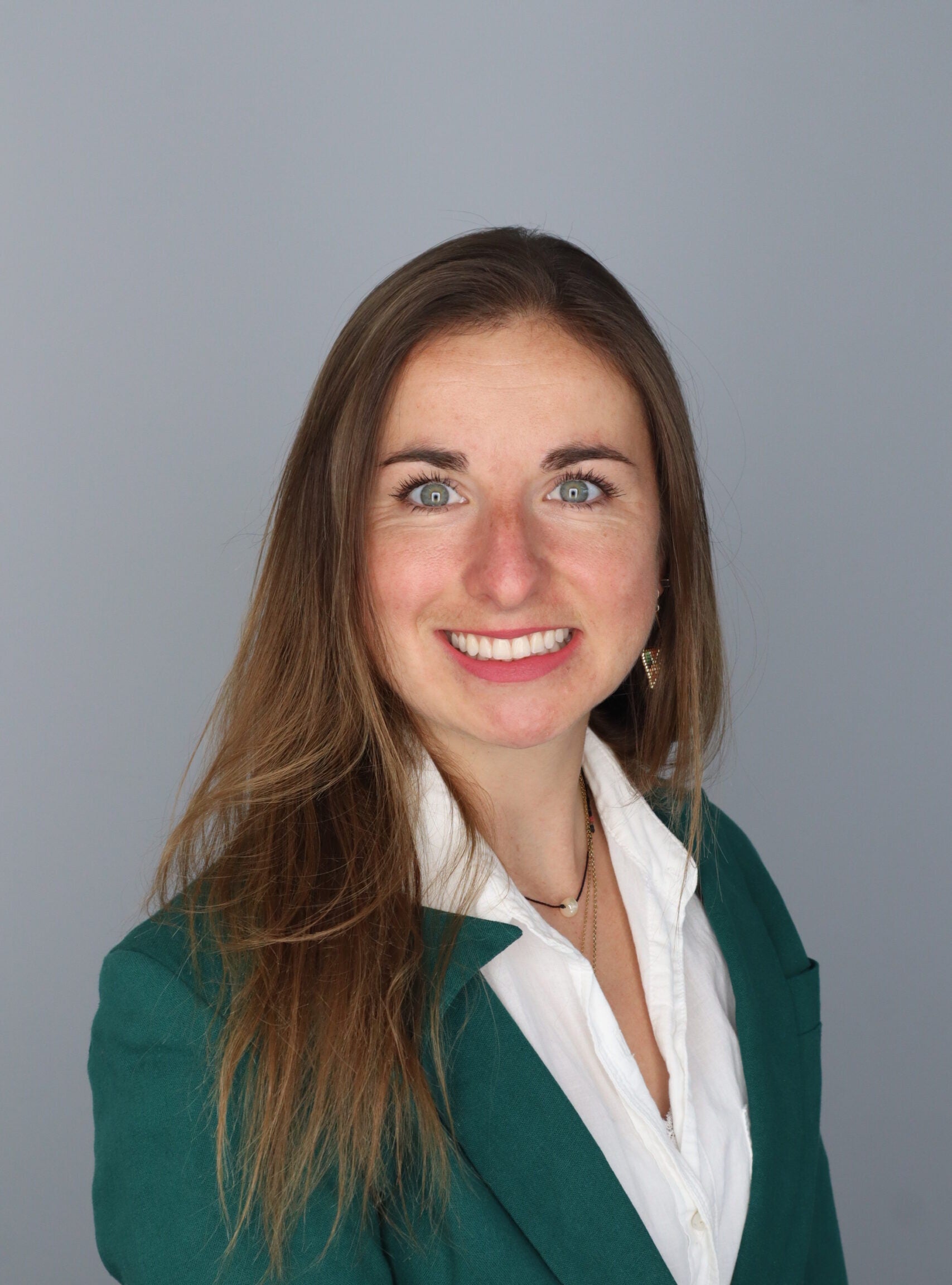
Miriam is an MPH-45 graduate student specializing in Health Management. As a German-trained doctor, she has worked in cardiology and internal medicine at the University Hospital in Freiburg, focusing on strategies to prevent non-communicable diseases (NCDs). She values an active lifestyle, drawing inspiration from her background and passion for martial arts and sports. Miriam’s passion for Latin America is rooted in her volunteering and work in Ecuador. Motivated by her love for the people and culture, she aims to promote healthier lifestyles in Ecuador while working toward preventing NCDs through multigenerational, community-based initiatives that align with local needs.
Miriam’s project focuses on promoting healthier eating habits through the “Cocina Creativa y Saludable” initiative in collaboration with Asiri Health Arts. Using a community-engaged, service-learning approach, she aims to combine traditional culinary practices with artistic nutritional education by delivering intergenerational workshops. These workshops are designed to empower participants to make healthier daily choices while reinforcing cultural identity through engaging and innovative learning experiences.
Josephina is a dynamic public health professional working to improve equitable access to quality, culturally responsive, and holistic community health services in Boston, Massachusetts. Health equity drives her passion, purpose, and work. Her work has involved increasing access to preventive health services, leading a youth mental health project to use creative arts and community engagement to improve wellness for Boston’s youth of color, and collaborating on research to demonstrate the impact of community-led health programming. Her academic studies have supported her work. She studied anthropology and psychology at Dartmouth College; media, medicine, and health, at Harvard Medical School; and is currently studying health and social behavior with a concentration in population mental health at the Harvard T. H. Chan School of Public Health.
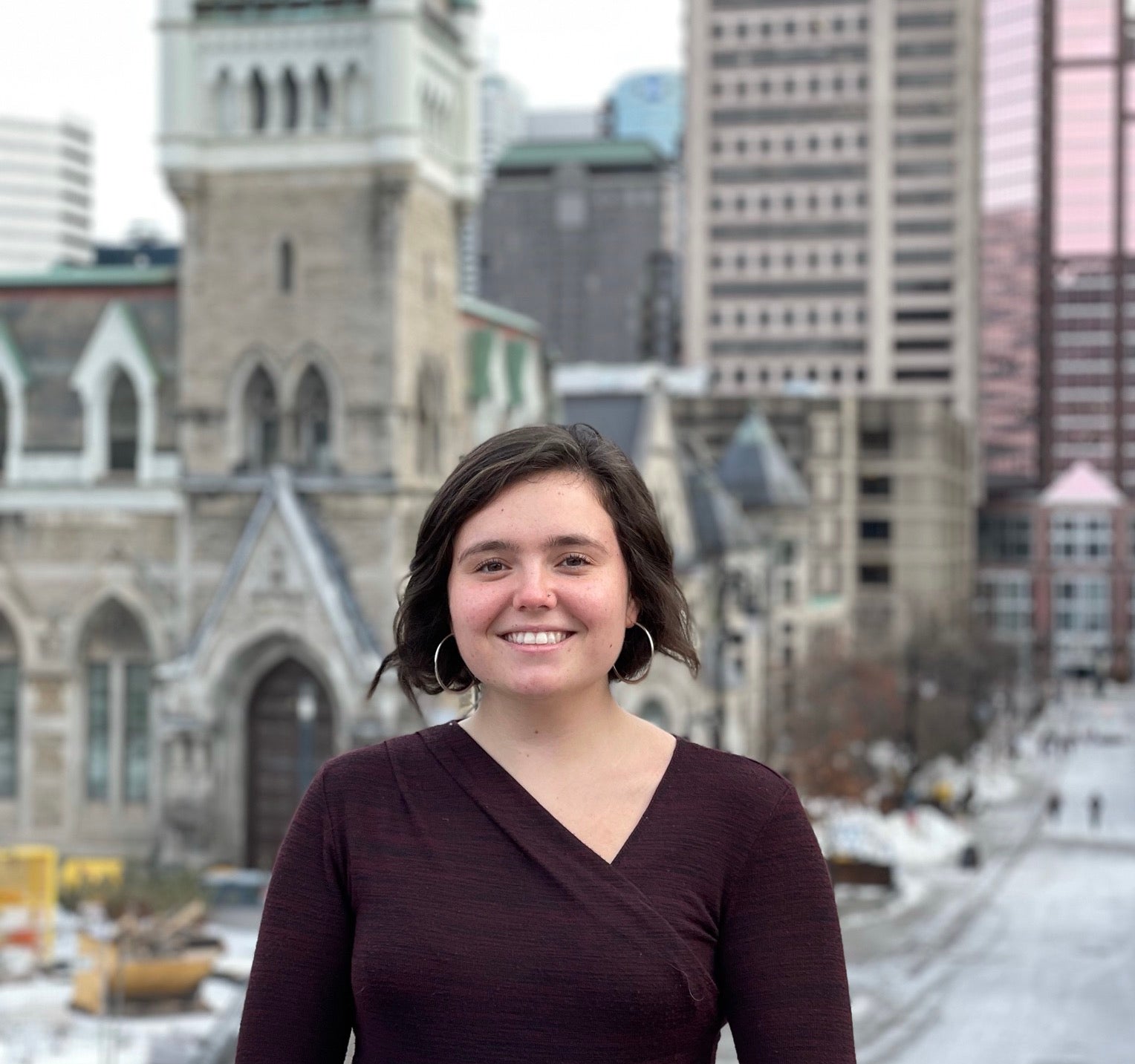
Daria is in her first year of the Master of Science in Global Health and Populations program at Harvard TH Chan School of Public Health, with an interest in advancing global health equity by integrating climate resilience into healthcare systems and fostering community-driven solutions. Her work focuses on utilizing patient led experiences and solutions in the field of maternal and child healthcare for improved health outcomes, as well as building a better understanding of priority setting in these spaces.
Daria’s project, in collaboration with Dr Britt Suann and Natalia Thorup, focuses on strengthening systems in Carabayllo and Lima Este, Peru, by collaborating with Socios en Salud (SES) to integrate climate resilience strategies into healthcare programming. Through community needs assessments, stakeholder engagement, and capacity-building efforts, the project aims to ensure equitable healthcare access while addressing the impacts of climate change. Key outcomes include developing a climate change framework for SES and fostering partnerships to advance climate-focused health initiatives.

Emma Longmire is a determined and passionate medical student working towards gaining the best experience and lessons needed in life to be the most dedicated, knowledgeable and patient-focused M.D. in the therapeutic practice of child and adolescent care. She aims to use her knowledge of the sciences, patient care, quality of life research, cancer biology research, child welfare, and hospital, clinic and cultural environment and lastly public health to enhance her skills needed to improve the quality of care within the medical field for treatment and prevention of child mental illness.
Emma’s project focuses on the core issue of improving access to child mental health services in Metro-Boston through implementing an integrated care system at Cambridge Health Alliance. Despite federal funding for Systems of Care initiatives, service delivery remains fragmented, particularly affecting families facing linguistic, cultural, and socioeconomic barriers. As a public health researcher, she hopes to implement a structured multi-stakeholder/family-centered advisory group to transform service delivery. Key stakeholders include healthcare providers, policy makers, families and patients, and community organizations.
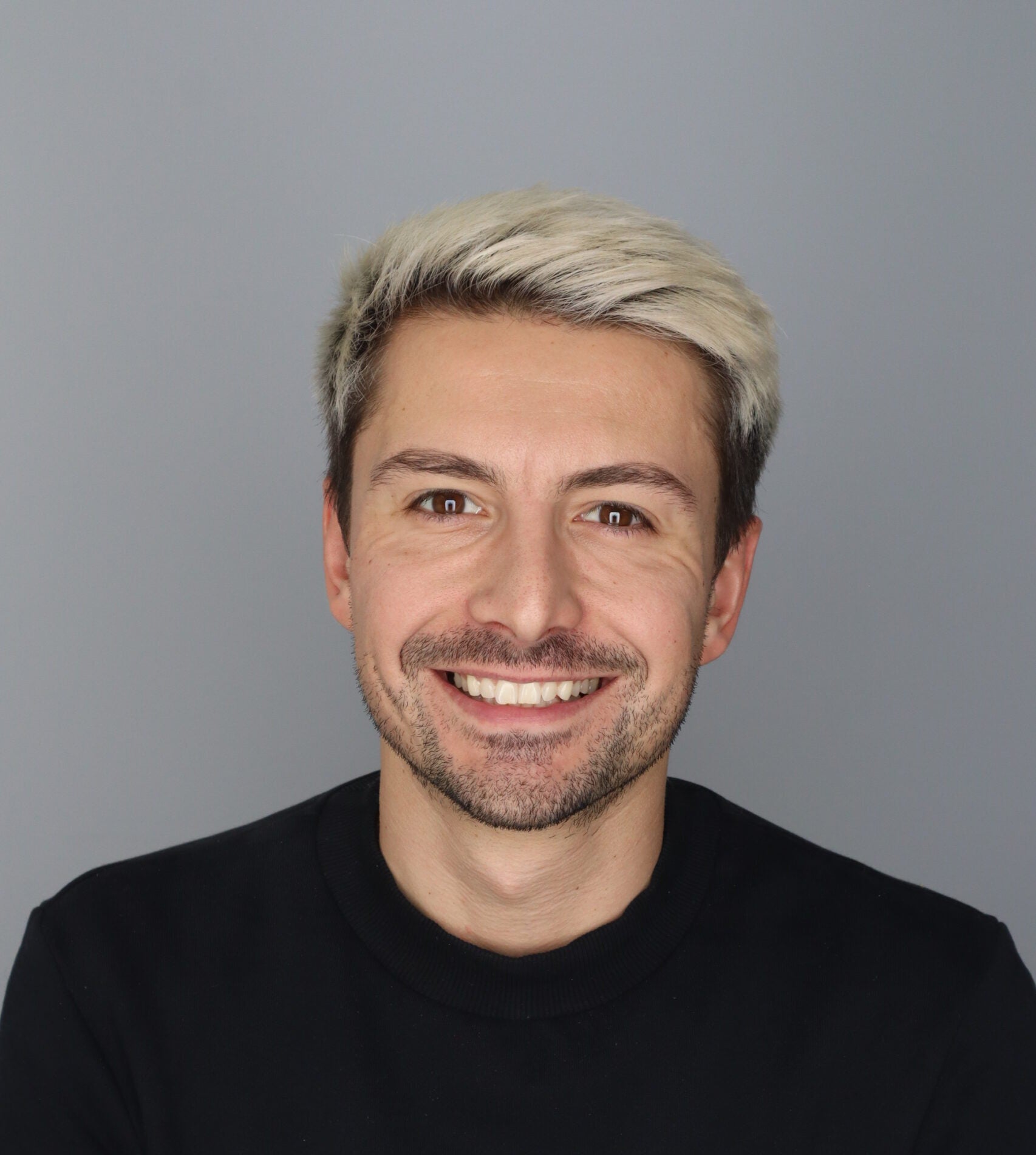
Nick is a Masters student in the Department of Social and Behavioral Sciences who focuses on work in substance use, homelessness and the intersection of criminal justice and health outcomes. Nick has worked with health systems in Australia on addressing the social determinants of health and improving access and quality of health services.
The project is to conduct participatory qualitative research with substance users on their experiences of using a syringe testing pilot to identify opportunities for improvement as the pilot is scaled. The project addresses the issue of drug overdoses as part of the opioid epidemic by seeking to improve harm reduction services in Tennessee, a state hard hit by the epidemic.
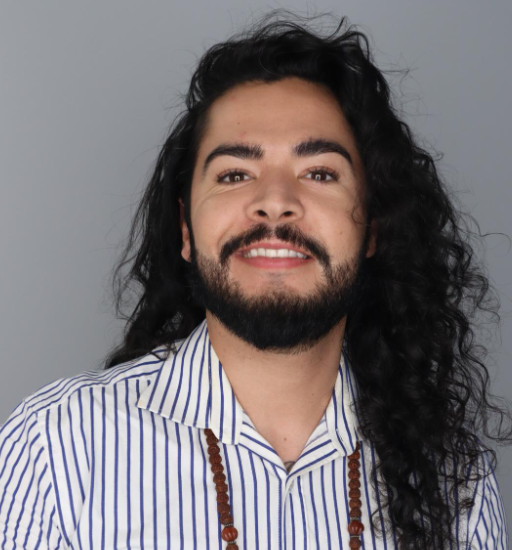
Edgar is an MPH Candidate and Social Anthropologist whose experience working internationally with marginalized communities impacted by HIV has informed his intentionality. Most recently, Edgar served as a Peace Corps Response Volunteer in an indigenous community in Panamá afflicted by a local HIV epidemic. Having worked in that context so closely with community provided Edgar an invaluable experience recognizing not only the need to work in tandem with local indigenous medical practitioners to resolve health disparities, but also dismantling oppressive medical regulations in previously colonized communities seeking self-empowerment.
Edgar’s project seeks to strengthen Madagascar’s HIV prevention infrastructure two-food. Firstly through community-led approaches addressing needs of marginalized LGBTQIA+ populations seeking community-informed sexual education curricula and resources. Additionally, stigma reduction of HIV through ongoing roundtable projects with local leaders seeking qualitative data analyses to inform future HIV-related initiatives in partnership with the Global Fund.
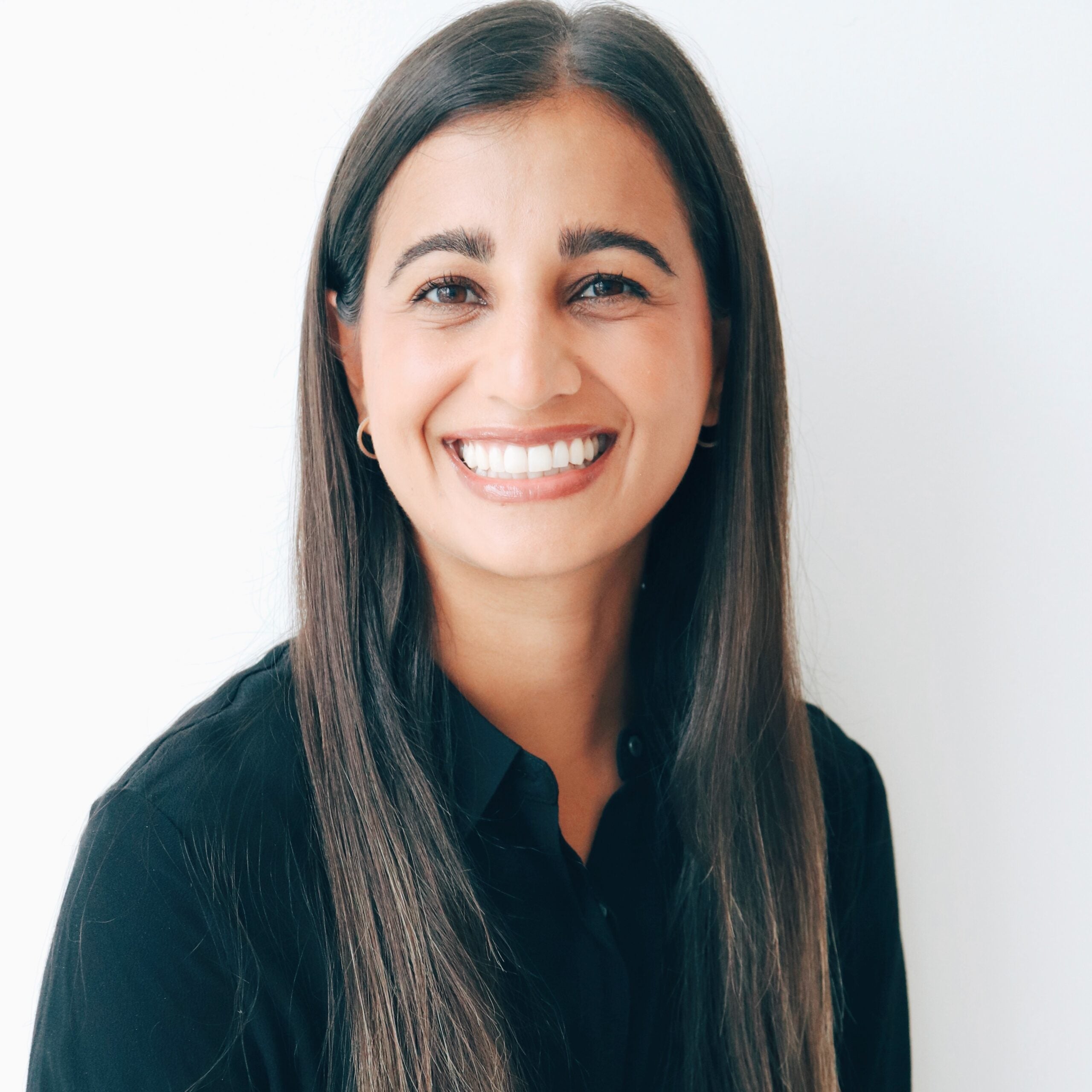
Priya Sapra is currently pursuing her masters in The Department of Health and Social Behavior at The Harvard T.H. Chan School of Public Health. She grew up in Nairobi, Kenya and earned her medical degree from the Royal College of Surgeons in Ireland. She currently practices as a primary care physician at The East Boston Neighborhood Health Center, a Federally Qualified Health Center, serving patients primarily from Central and South America. She is passionate about immigrant health access and is dedicated to increasing equitable care for immigrant communities in the U.S.
Priya’s project combines her interest in medical education and advocacy in healthcare rights. She aims to create a curriculum for healthcare providers at the East Boston Clinic in the realm of immigrant health; equipping them with tangible tools for addressing the social determinants of health in their community. The goal of the project is to help enhance the delivery of culturally-sensitive and trauma-informed care leading to high quality healthcare for the immigrant community.
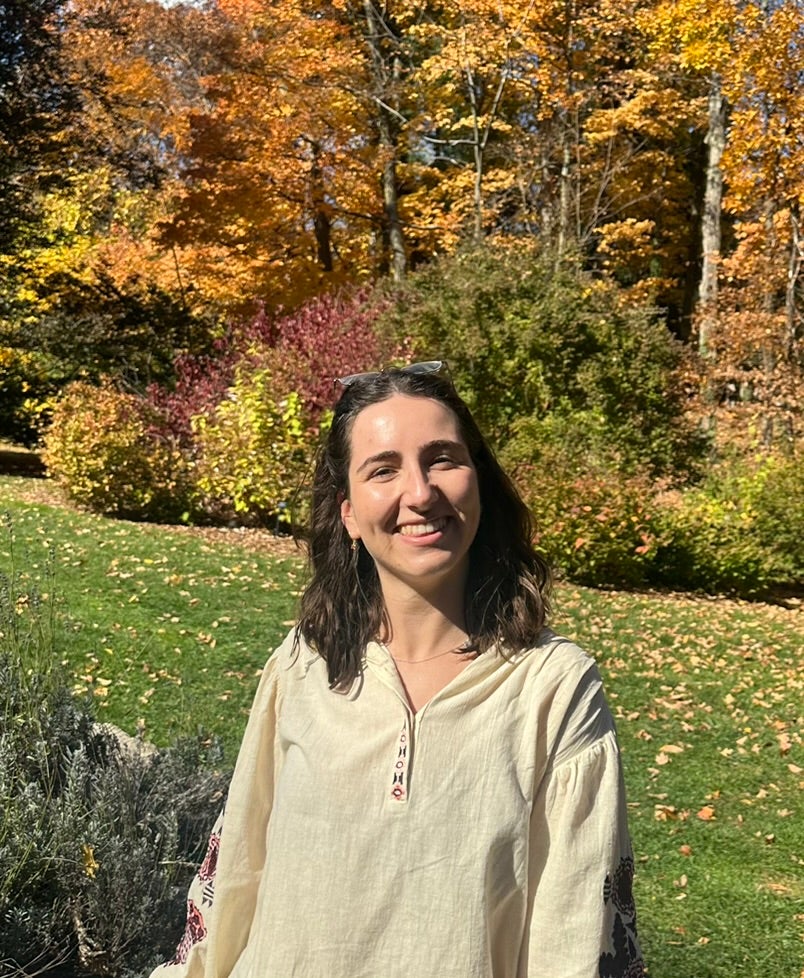
Britt Suann is a Western Australian doctor and a Master of Public Health candidate at the Harvard T.H. Chan School of Public Health as a Fulbright Scholar and Frank Knox Memorial Fellow. She has worked at the Perth Children’s Hospital and her interests are in maternal and child health, health promotion, health equity and health system reform.
Britt’s project with Natalia Thorup and Daria Lisus focuses on learning from the community about the impact of climate on health in Carabayllo and Lima Este, Peru, and collaborating with Socios en Salud (SES) to integrate climate resilience strategies into healthcare programming. Through community needs assessments, stakeholder engagement, and capacity-building efforts, the project aims to ensure equitable healthcare access while addressing the impacts of climate change. Key outcomes include developing a climate change framework for SES and fostering partnerships to advance climate-focused health initiatives.
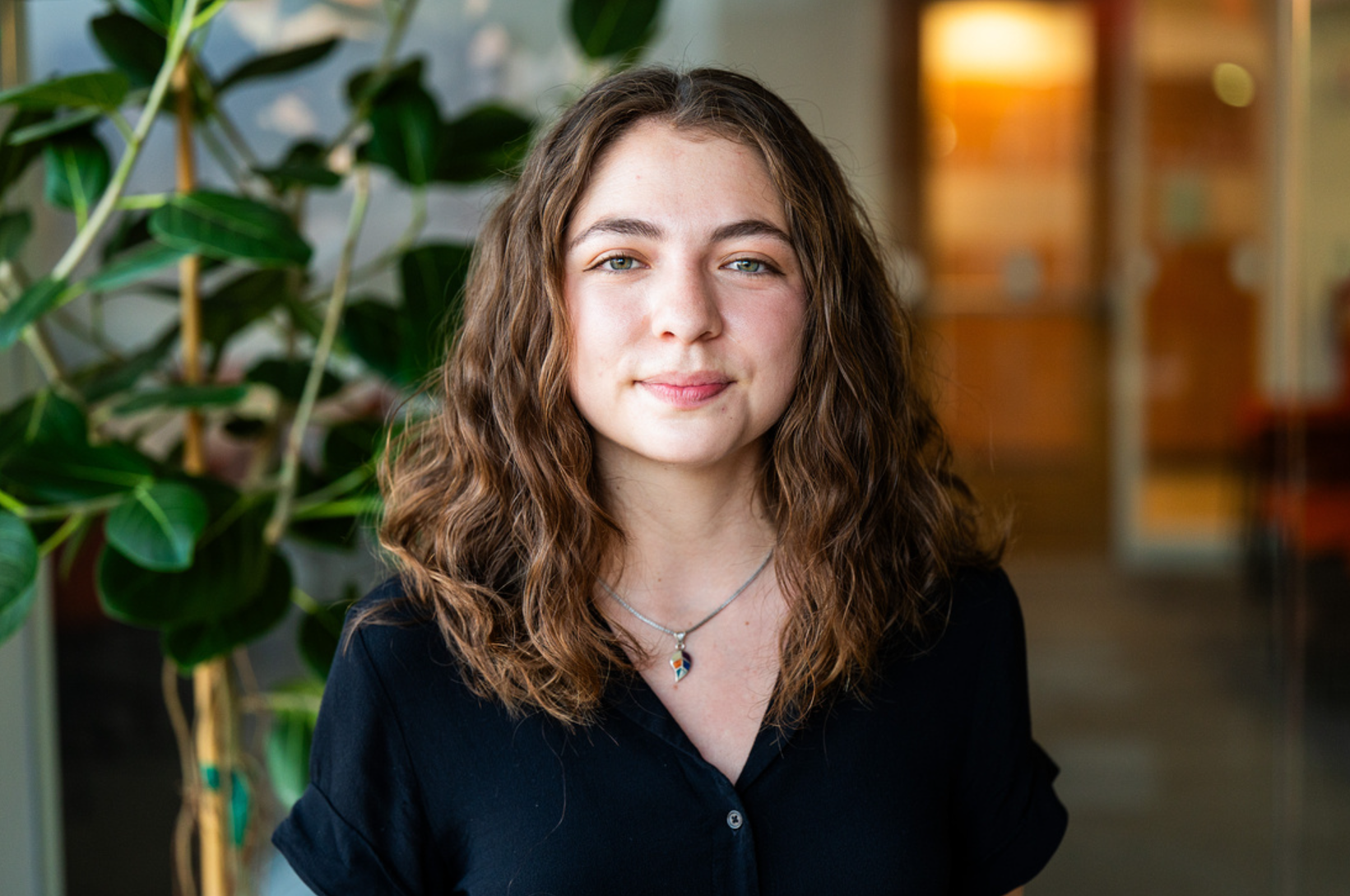
Natalia Thorup Damonte is a Peruvian-American Master of Science student in Environmental Health at the Harvard T.H. Chan School of Public Health and a Student Ambassador at the Salata Institute for Climate and Sustainability. She is passionate about advancing climate resilience and health equity, by focusing on connecting community-centered approaches with evidence-based, multisectoral solutions to address climate challenges and promote sustainable health outcomes.
Natalia is collaborating with Daria Lisus and Britt Suann in partnership with Socios en Salud (SES) to explore the impacts of climate change on health in Carabayllo and Lima Este, Peru. Their project focuses on integrating climate resilience strategies into global health programming through a community needs assessment, stakeholder engagement, and capacity-building efforts. By identifying climate-related health challenges and fostering partnerships, the team aims to develop an actionable strategic framework for SES that ensures equitable healthcare access while addressing the health impacts of climate change.